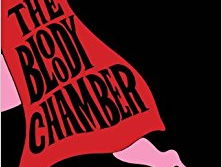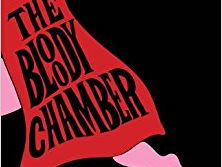English Teaching Resources for All
I am an English specialist and I am passionate about supporting all students to access the English curriculum, to achieve at the highest possible levels in their exams and to love the subject. I currently teach AQA and have created lots of full schemes of work which develop exam skills and independence. All my resources have been tried and refined in the classroom; I hope that you will find them useful.
















